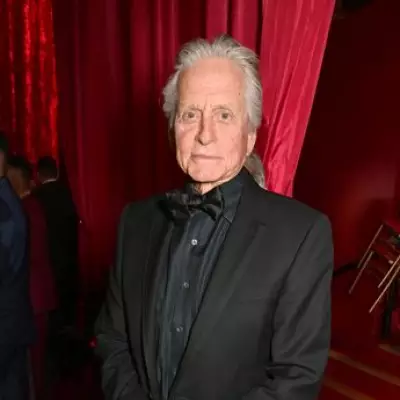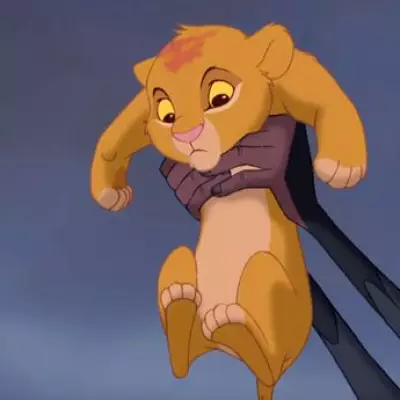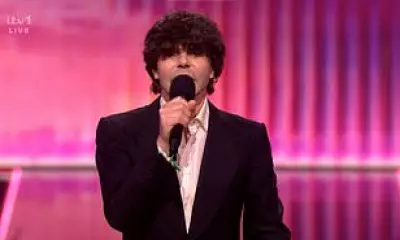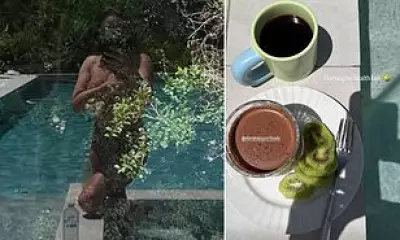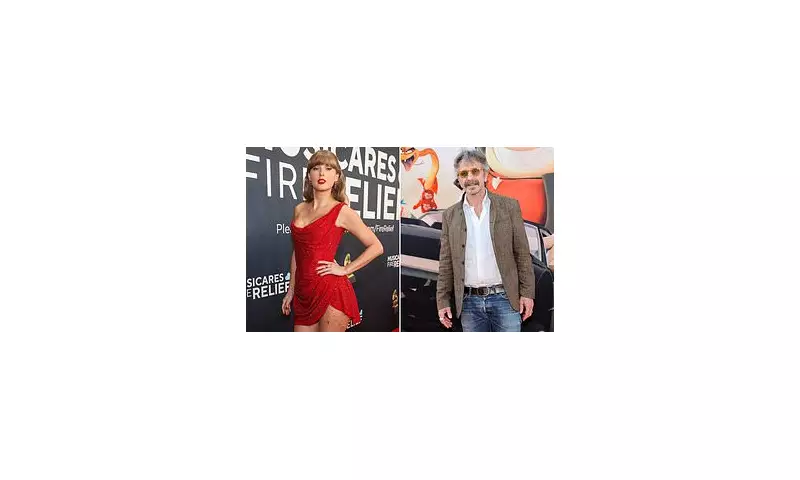
Comedian and podcast host Marc Maron has revealed the eye-watering cost of playing a Taylor Swift song on his show, shedding light on the often-overlooked expenses of music licensing.
During a recent episode of his popular podcast, Maron disclosed that securing rights to play just one Swift track set him back a staggering sum. "It's insane what they charge," the WTF podcast host remarked, though he stopped short of naming the specific song or exact figure.
The Hidden Costs of Podcast Music
This revelation highlights the complex world of music copyright in the digital age. While many listeners assume podcasts can freely use popular music, the reality involves navigating a maze of licensing agreements and royalty payments.
Maron's experience particularly resonates in the podcasting community, where independent creators often struggle with these unexpected costs. "It makes you think twice before using any copyrighted material," one producer told us anonymously.
Why Taylor Swift's Music Commands Premium Prices
Industry experts explain that Swift's catalogue represents some of the most valuable intellectual property in music today. With her ongoing re-recording project and fiercely protected copyrights, the costs reflect both her commercial success and legal team's vigilance.
"Artists like Taylor Swift have teams dedicated to protecting their work," explains music lawyer Sarah Johnson. "The fees aren't arbitrary - they're calculated based on potential audience reach and commercial value."
The Bigger Picture for Content Creators
Maron's disclosure has sparked wider conversation about fair compensation in the digital content sphere. While musicians deserve payment for their work, many argue the current system disproportionately affects smaller creators.
Some podcasters have adopted creative workarounds, from using royalty-free music to negotiating direct deals with independent artists. However, for mainstream hits like Swift's, there's often no alternative to paying the premium.
As the podcast industry continues to grow, this tension between copyright protection and accessible content creation shows no signs of resolution. Maron's experience serves as both cautionary tale and conversation starter for digital media's evolving landscape.


